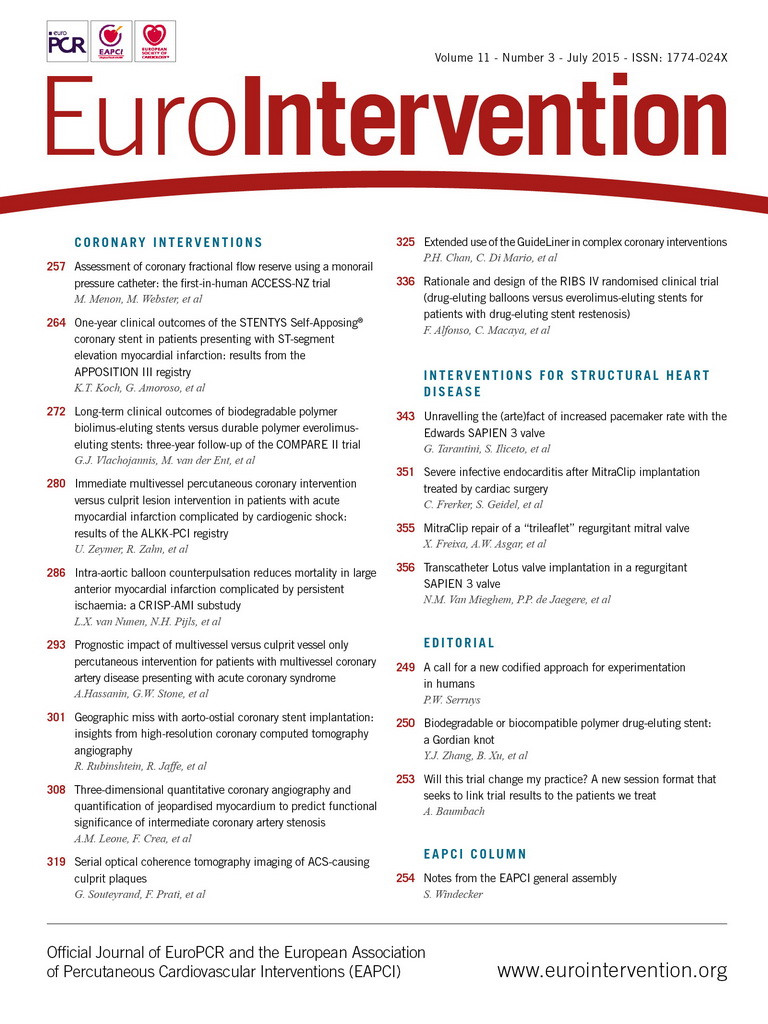
Whenever a new clinical trial is presented, we are faced with a sometimes complex methodology, statistics and results that are often summarised in a single conclusion. The translation of a presentation and a published manuscript into our daily practice can be difficult or outright impossible without a deep knowledge of the trial data and a discussion that puts the conclusions into a perspective, which then enables us to relate them to our individual practice.
“Will this trial change my practice” is a new session format that addresses this gap between manuscript and everyday clinical practice. A recently published trial with the potential to lead to a change will be discussed and evaluated. The trial will be reviewed with a view to the applicability of the results to routine treatments1-4.
A case-based opening discussion amongst the colleagues in the room will establish the current practice pattern. These may differ in the regions and cultures of our world, and may render many trial outcomes irrelevant in some, and important in other parts3,4. A brief review will describe the background of the trial and the evidence that was known before. It is important to know what the main question was at the time of the study inception, to understand fully the trial design and the methods used in the different arms of the study. As a key and unique part of the session, an independent expert trialist will provide an in-depth analysis of methods and results, always with a view to the applicability in clinical practice. Are the patients enrolled representative of our patients? Are the methods used (still) relevant? What is the impact of early study termination? What happens if we present the data in numbers needed to treat and numbers needed to harm? Are the endpoints well chosen, and do they really matter to my patients? Can we come to different conclusions? These are typical questions that are addressed and which lead to an informed and open discussion about the applicability of the results.
It is in the interaction between the panel and the colleagues in the room that we are able to put results into the much needed perspective. As a result, every participant can judge the real relevance of a study for themselves. In order to reflect the thought process and evaluation, we poll the audience at the start and at the end of the session. A shift in opinion clearly documents the importance of the results for the practising interventional cardiologists.
A highly praised and well published clinical trial may turn out to be much less relevant for our daily routine than it was thought to be. On the other hand, a well performed clinical study may turn out to answer an important clinical question conclusively and in doing so it may indeed mandate a change of our practice.
The final decision to implement a new technique or to change a routine treatment lies with the individual interventional cardiologist and the team. It is hoped that, with this format of a structured, informed, yet open discussion of the relevance of results, we can bridge the gap between the p-values of the manuscripts and our patient outcomes, and improve the decision making for change of practice.
Conflict of interest statement
The author has no conflicts of interest to declare.

